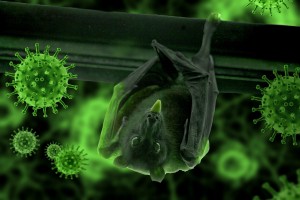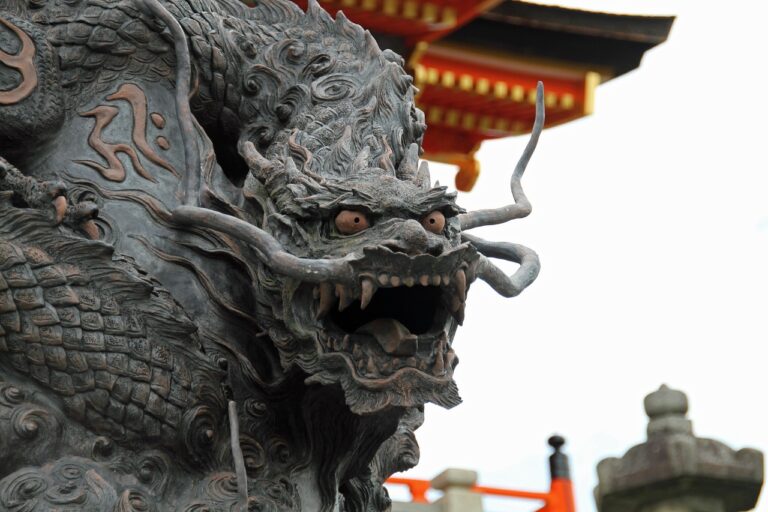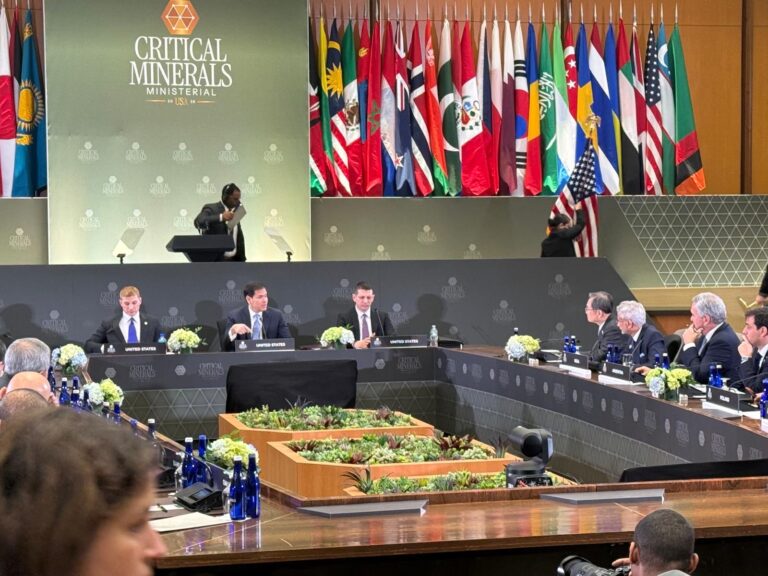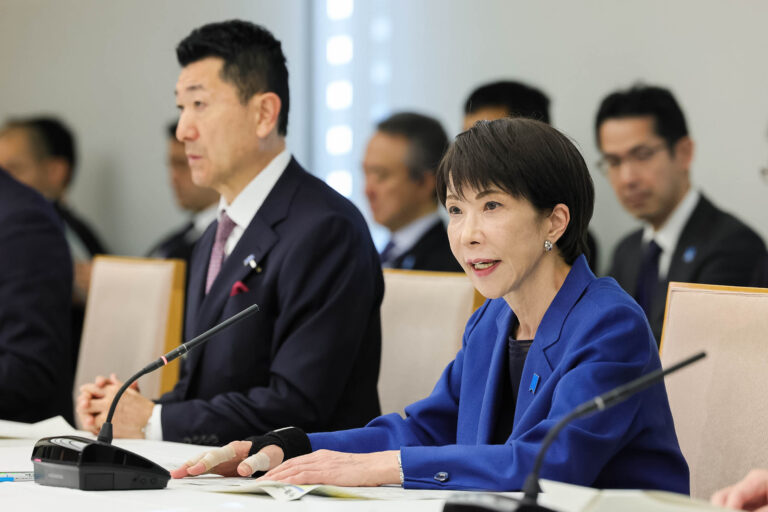
Papua New Guinea is a perfect example of why vaccine equity is so important
Geneva: The World Health Organisation today said Corona cases and deaths around the world were continuing to increase at worrying rates. It pointed out that the number of new COVID-19 cases per week had nearly doubled over the past two months globally, and was approaching the highest rate of infection that has been seen so far during the pandemic.
“At the global level, we are continuing to assess the evolution of the pandemic, and to adjust our advice accordingly. Under the International Health Regulations, the Emergency Committee held its 7th meeting yesterday, and I look forward to receiving its advice on Monday. Globally, our message to all people in all countries remains the same: we all have a role to play in ending the pandemic,” World Health Organisation Director-General Dr. Tedros Adhanom Ghebreyesus told mediapersons here today.
The WHO noted that some countries that had previously avoided widespread transmission are now seeing steep increases in infections, and Dr. Ghebreyesus cited the example of Papua New Guinea that had reported less than 900 cases, and just 9 deaths.
“Cases are now increasing sharply in Papua New Guinea and some other countries in the region. The trajectory is worrying and the situation is fragile,” Dr. Ghebreyesus said. The country has now reported more than 9300 cases, and 82 deaths. While these numbers are still smaller than other countries, the increase is sharp and WHO today stated it was “very concerned” about the potential for a much larger epidemic.
There is large-scale community transmission in the capital Port Moresby and the Western Province, and all 22 provinces have now reported cases, although the last two weeks they showed some decline.
“Papua New Guinea is a perfect example of why vaccine equity is so important. It has held COVID-19 at bay for so long, but with rising infections, understandable fatigue with social restrictions, low levels of immunity among the population, and a fragile health system, it’s vital that it receives more vaccines as soon as possible,” the D-G said.
Rollout of the AstraZeneca vaccine in the country started in late March, with 8 thousand doses donated by Australia, and a further 132 thousand doses from COVAX arrived this week..
“Through WHO’s Global Outbreak Alert and Response Network, or GOARN, 13 experts have been deployed to support the government with case management, epidemiology, infection prevention and control, laboratory support and information management,” Dr. Ghebreyesus said, informing that emergency medical teams from Australia, Germany and the United States had also arrived to support the response, with others expected in the coming weeks.
“WHO is continuing to work closely with the National Department of Health and partners to provide technical advice and support, and to boost local health response capacity. This includes an emphasis on expanding testing,” he said.
– global bihari bureau





